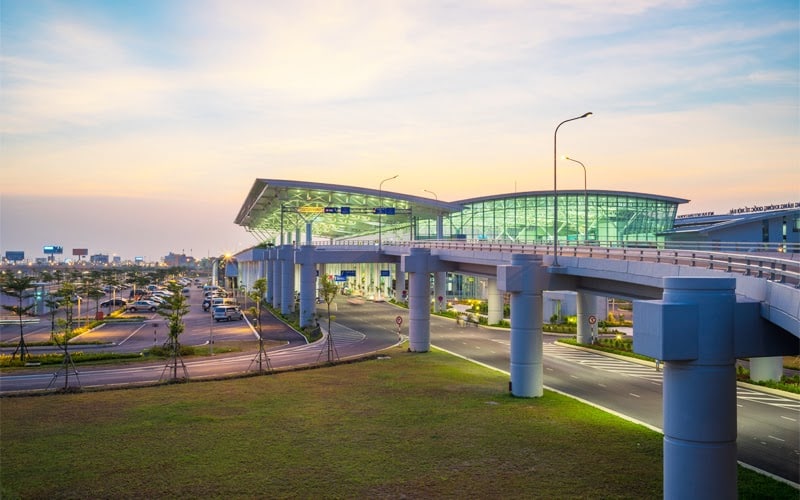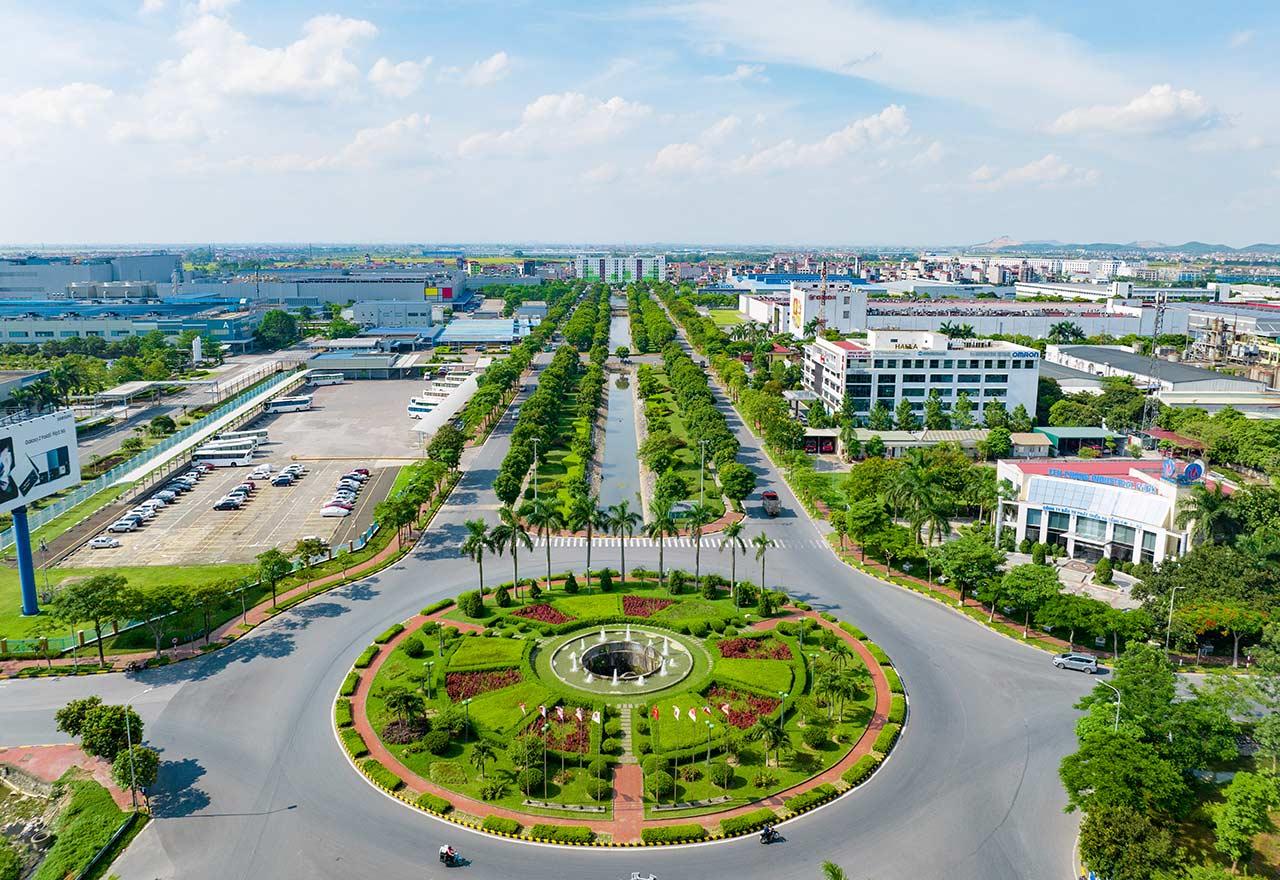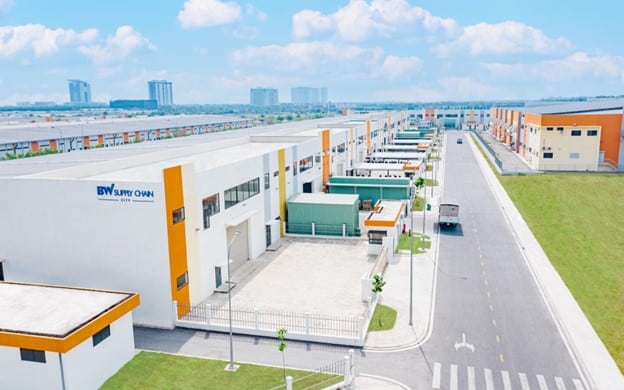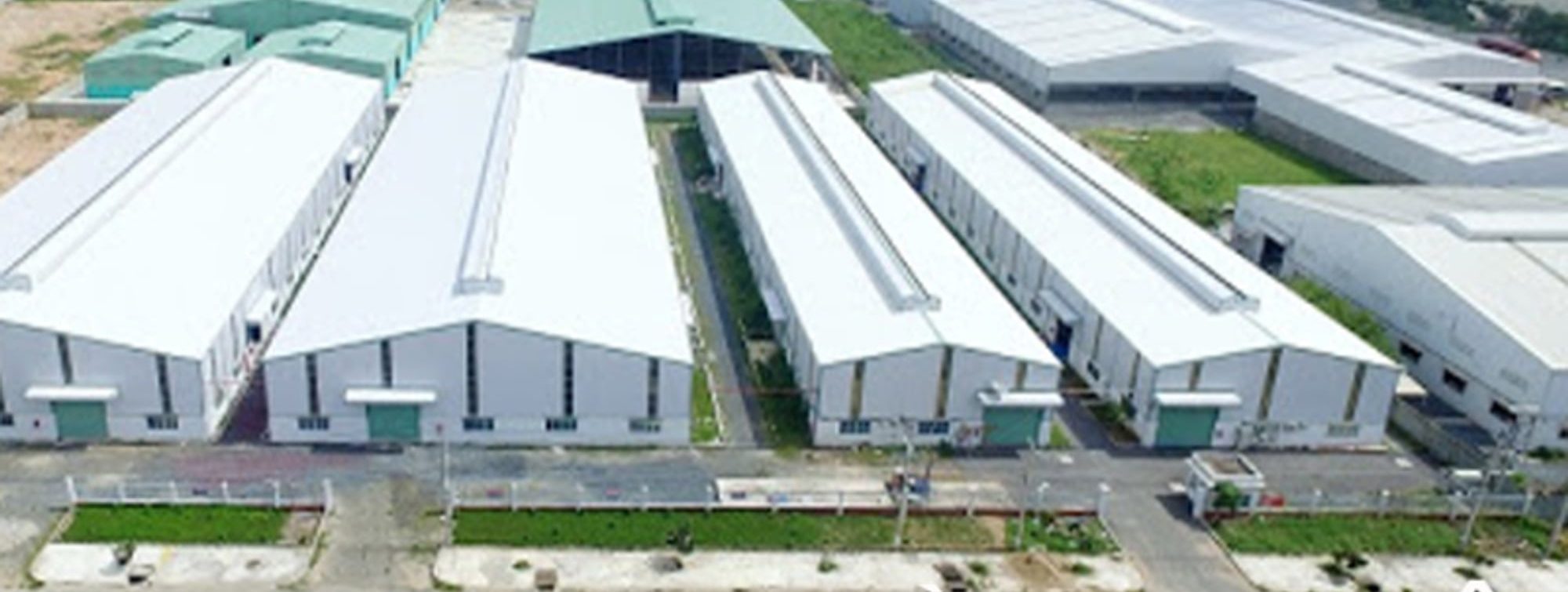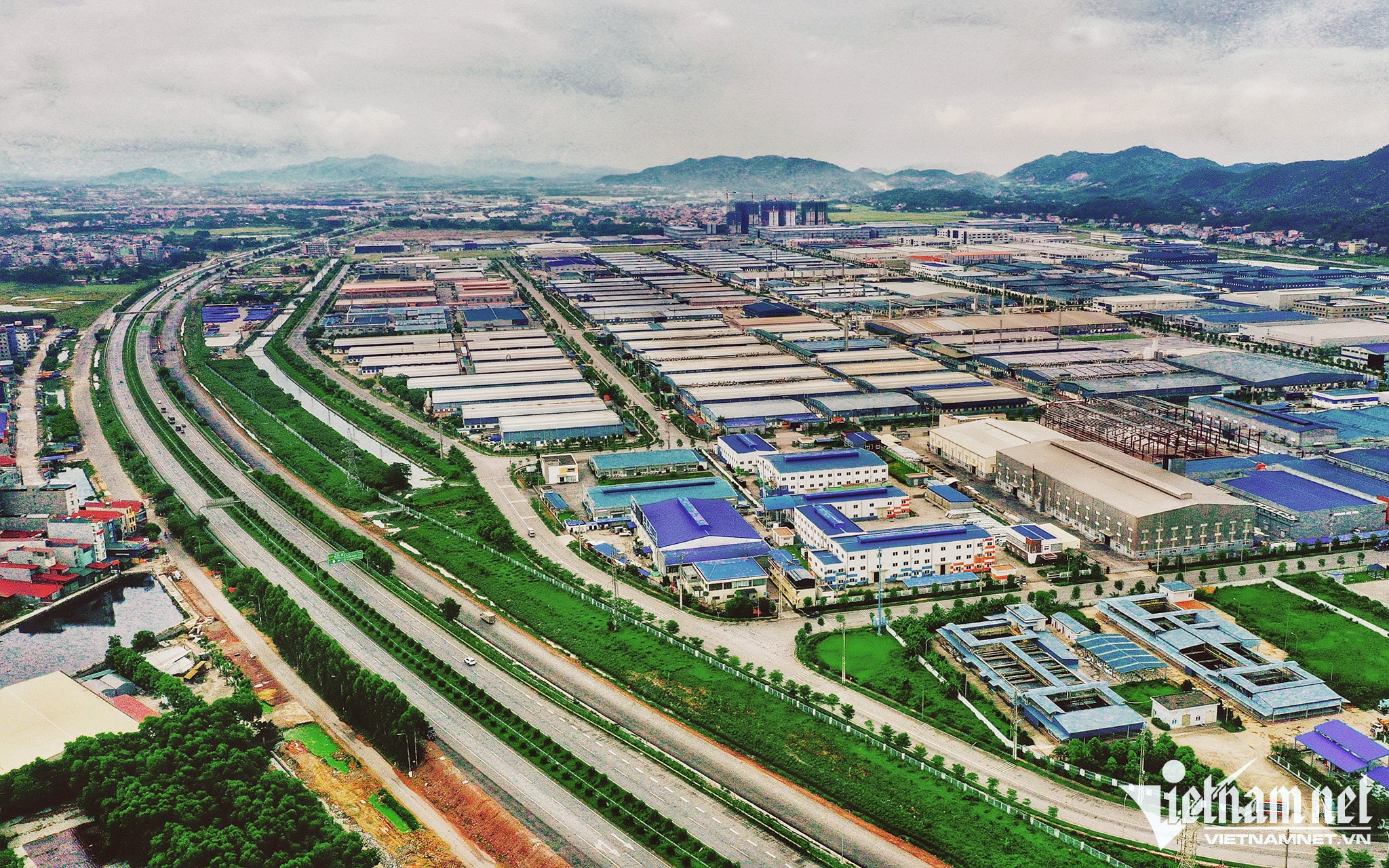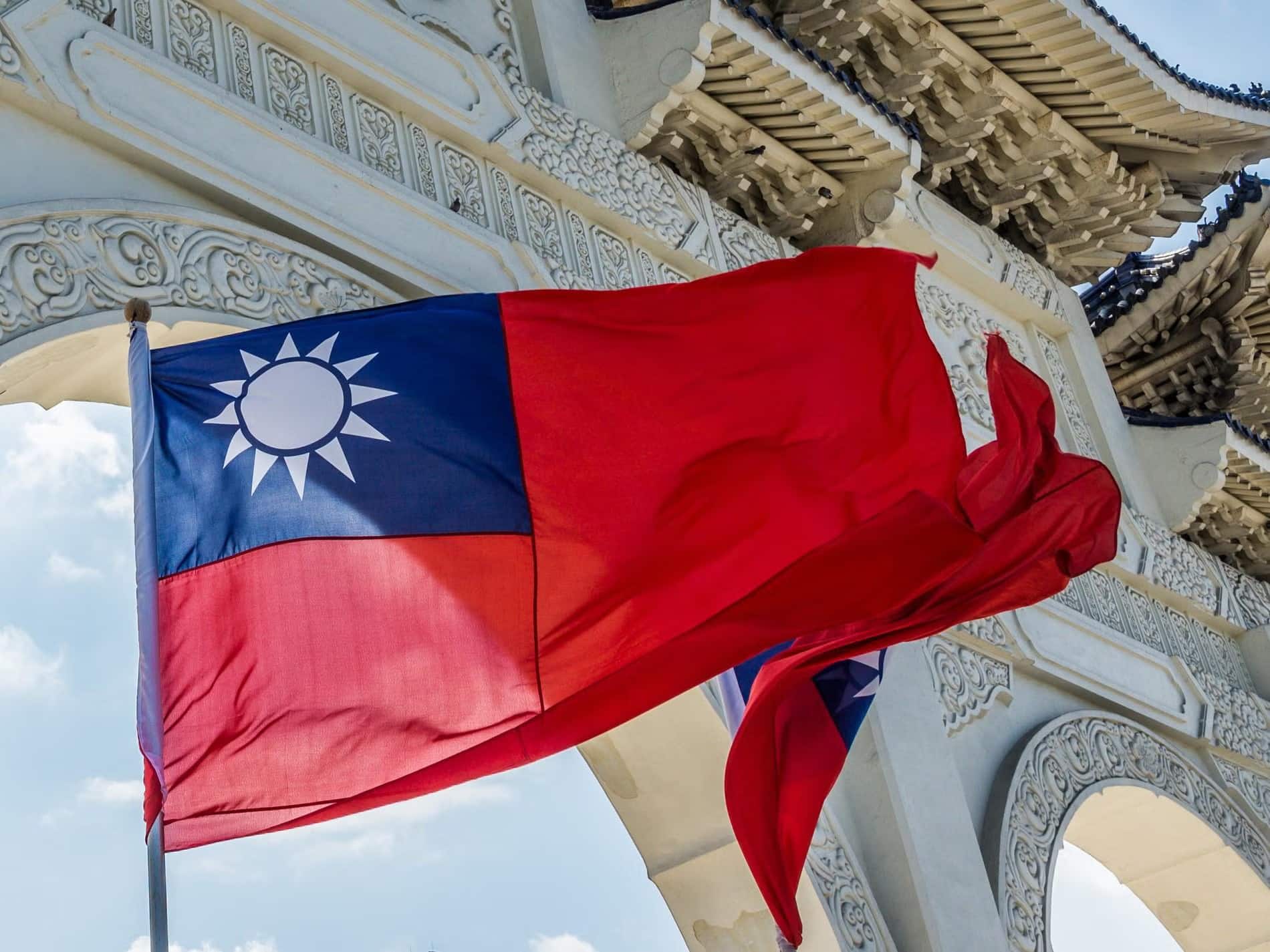The importance of comprehending the real estate supply chain cannot be overstated. It enables investors, developers, contractors, and other industry participants to make informed decisions, mitigate risks, and optimize efficiency. By understanding how various components of the supply chain interact and influence each other, stakeholders can streamline operations, enhance project outcomes, and maximize returns on investment.
Whether you are considering investing in real estate, developing properties, or engaging in property management, a deep understanding of the supply chain provides you with a competitive advantage. It empowers you to navigate the complexities of the real estate industry in Vietnam, anticipate challenges, and seize opportunities for growth.
Overview of the Real Estate Supply Chain in Vietnam
The real estate supply chain in Vietnam is a multifaceted and ever-evolving system that involves a diverse array of participants. From land developers to construction companies to financial institutions, each player has a crucial role to play in the chain. However, navigating this complex network can be challenging due to the presence of government regulations and the dynamic nature of the market.
Despite the hurdles, the real estate supply chain in Vietnam is experiencing rapid growth, propelled by the country’s thriving economy and the increasing demand for housing and commercial spaces. Both domestic and foreign investors are capitalizing on this demand by undertaking numerous new projects.
Factors Affecting the Real Estate Supply Chain in Vietnam
The real estate supply chain in Vietnam is influenced by various factors that impact different stages of the process. These factors include land acquisition and development processes, construction and project management, financing and investment considerations, government regulations and policies, as well as market demand and economic factors.
Land Acquisition and Development Processes
Land acquisition and development processes play a crucial role in the real estate supply chain in Vietnam. The availability of suitable land for development projects and the efficiency of the acquisition process can significantly affect the overall supply of real estate. Factors such as land ownership rights, land use planning, and zoning regulations can influence the ease and speed of land acquisition. Delays or complications in these processes can lead to a shortage of available land for real estate development.
Construction and Project Management
Efficient construction and project management practices are essential for ensuring a smooth supply chain in the real estate sector. Factors such as the availability of skilled labor, construction materials, and technology can impact the pace of development projects. Delays or cost overruns in construction can lead to a slowdown in the real estate supply chain, affecting the availability of properties in the market.
Financing and Investment Considerations
Real estate development requires significant financial resources, and access to financing plays a critical role in the supply chain. Factors such as interest rates, credit availability, and investor sentiment can influence the level of investment in the real estate sector. Adequate access to financing and favorable investment conditions are necessary for sustaining a healthy supply of real estate in Vietnam.
Government Regulations and Policies
Government regulations and policies have a substantial impact on the real estate supply chain in Vietnam. Factors such as land use regulations, building codes, and taxation policies can shape the development landscape. Changes in government policies can impact the supply chain by influencing the cost of development, land availability, and project approvals. Stable and transparent regulations are crucial for ensuring a predictable and efficient real estate supply chain.
Market Demand and Economic Factors
Market demand and economic conditions are fundamental drivers of the real estate supply chain in Vietnam. Factors such as population growth, urbanization, and income levels influence the demand for various types of properties. Economic indicators, including GDP growth, inflation, and interest rates, can affect the purchasing power and affordability of potential buyers or renters. Developers and investors closely monitor market demand and economic trends to align their supply with the needs and preferences of potential customers.
Challenges and Opportunities in the Real Estate Supply Chain in Vietnam
The real estate supply chain in Vietnam faces both challenges and opportunities that shape the industry. Understanding these factors is essential for stakeholders to navigate the market effectively. Let’s explore some of the challenges and opportunities in the real estate supply chain in Vietnam:
– Limited Land Availability and High Land Costs: Acquiring suitable land in Vietnam’s real estate market poses challenges due to limited availability and high costs, especially in prime locations. However, this presents opportunities for innovative solutions and development in emerging areas.
– Infrastructure Development and Connectivity: Rapid urbanization in Vietnam necessitates well-planned infrastructure development, including transportation networks, to enhance connectivity and accessibility. This provides opportunities for real estate development in areas with improved infrastructure.
– Sustainable and Green Building Practices: Environmental concerns and stricter regulations drive the need for sustainable construction practices, energy efficiency standards, and green certifications. While presenting challenges, embracing sustainability can differentiate projects and attract environmentally conscious buyers.
– Digitalization and Technology Advancements: The integration of digital solutions, such as virtual reality and smart building systems, streamlines processes and improves efficiency. However, challenges regarding data privacy and security must be addressed for smooth technology integration.
– Emerging Trends and Market Dynamics: Shifting consumer preferences and market dynamics impact the demand for different types of properties. Staying updated with emerging trends allows developers and investors to identify niche markets and cater to evolving buyer and renter needs.
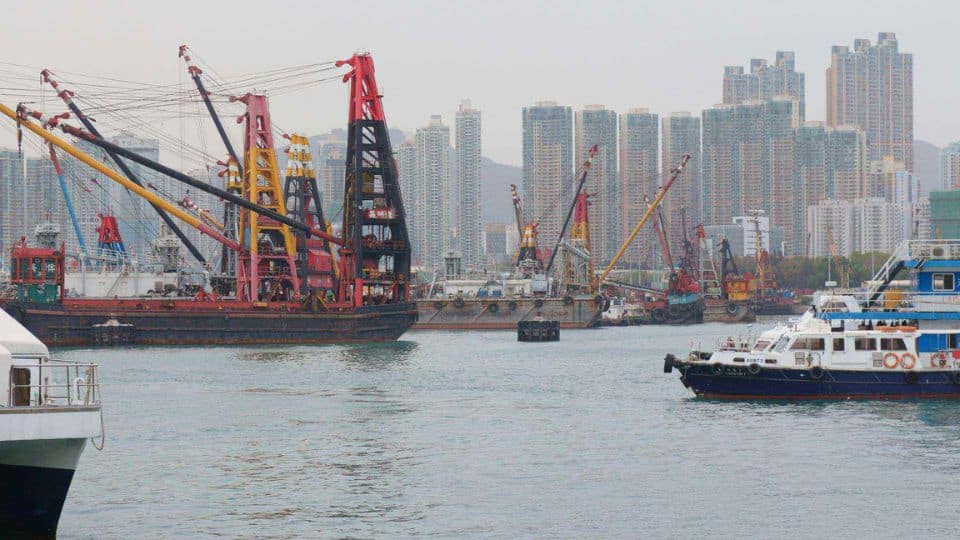
Strategies for Optimizing the Real Estate Supply Chain in Vietnam
Optimizing the real estate supply chain in Vietnam requires strategic approaches and actions. Here are some strategies that can be implemented to enhance the efficiency and effectiveness of the supply chain:
Collaboration and Partnerships among Stakeholders
Collaboration and partnerships among stakeholders, including developers, contractors, suppliers, and government agencies, can lead to better coordination and communication throughout the supply chain. By fostering strong relationships and working together, stakeholders can align their goals, share resources, and jointly address challenges. Collaborative efforts can result in streamlined processes, reduced costs, and improved project outcomes.
Streamlining Processes and Improving Efficiency
Identifying and eliminating bottlenecks and inefficiencies in the real estate supply chain is crucial for optimization. Stakeholders should evaluate each stage of the supply chain, from land acquisition to project completion, and identify areas for improvement. Streamlining processes, such as permit approvals, construction timelines, and material sourcing, can help reduce delays, costs, and unnecessary complexities, ultimately enhancing overall efficiency.
Adopting Sustainable and Innovative Practices
Integrating sustainable and innovative practices into the real estate supply chain can yield significant benefits. Developers should embrace sustainable construction methods, energy-efficient designs, and green building certifications. By incorporating environmentally friendly features and technologies, developers can attract environmentally conscious buyers, reduce operating costs, and contribute to a more sustainable future.
Embracing Digital Solutions and Technology Integration
Leveraging digital solutions and integrating technology into the real estate supply chain can enhance productivity and improve decision-making. Implementing software for project management, data analytics, and communication can streamline processes, automate tasks, and provide real-time insights. Virtual reality (VR) and augmented reality (AR) technologies can improve visualization and marketing, allowing potential buyers to experience properties remotely. Embracing technology can improve transparency, reduce errors, and accelerate project timelines.
Continual Monitoring and Adaptation to Market Changes
The real estate market in Vietnam is dynamic and subject to changing trends and demands. Continual monitoring of market conditions, consumer preferences, and economic factors is essential. By staying informed, stakeholders can anticipate market shifts and adapt their strategies accordingly. This may involve adjusting project plans, target markets, or pricing strategies to align with changing market dynamics. The ability to adapt and respond promptly to market changes ensures the real estate supply chain remains agile and competitive.
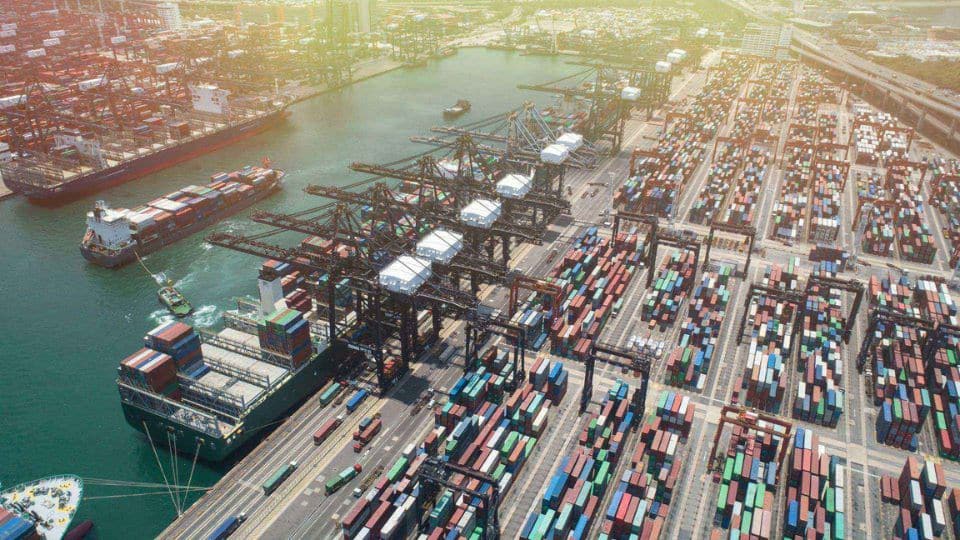
Exploring Opportunities and Staying Informed with Savills Industrial Vietnam
In conclusion, optimizing the real estate supply chain in Vietnam requires addressing various factors that influence the industry. We discussed key points, including land acquisition and development processes, construction and project management, financing and investment considerations, government regulations and policies, as well as market demand and economic factors.
A well-functioning real estate supply chain is crucial for the sustainable growth of the sector. It ensures the availability of suitable properties, meets the demand of buyers and renters, and contributes to the overall development of infrastructure and urbanization.
Vietnam’s real estate market presents significant opportunities for growth and development. Despite challenges such as limited land availability and high costs, there are prospects to capitalize on emerging trends, embrace sustainable practices, leverage digital solutions, and adapt to changing market dynamics.
To navigate the real estate industry effectively and stay updated with industry trends, it is important to seek reliable information and expert guidance. Savills Industrial Vietnam can provide valuable insights and expertise to help stakeholders explore opportunities and make informed decisions. By staying updated and proactive, stakeholders can maximize their potential in the dynamic real estate market in Vietnam.





